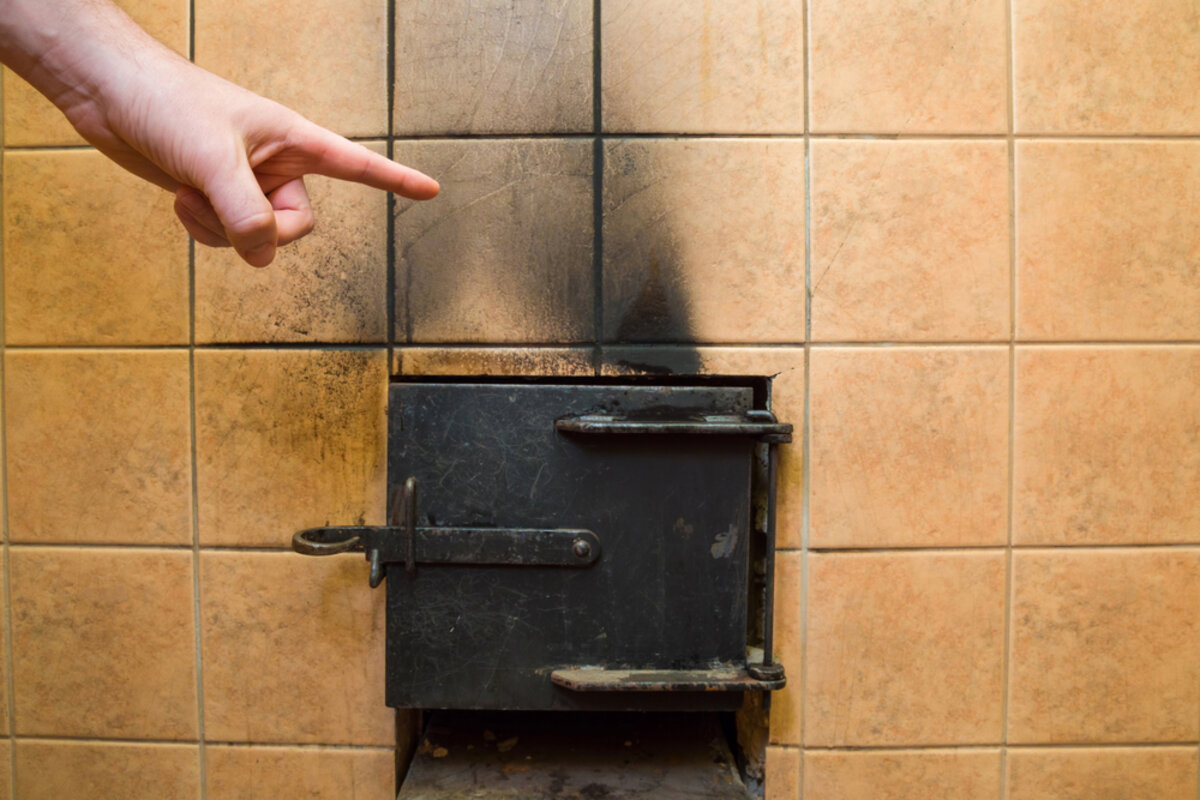Water damage is one of those unexpected problems that can leave homeowners feeling overwhelmed and panicked. Imagine coming home after a long day to find your basement flooded, furniture floating, and the damage spreading fast. Your first instinct might be to grab a mop and start cleaning up, but is this the best approach? Can you really fix water damage yourself? Understanding when to handle it on your own and when to call in the experts can make all the difference in the outcome.
Understanding the Scope of Water Damage
Water damage can range from minor leaks to major flooding. Small spills or leaks can often be managed with quick action and basic tools. However, more severe cases, especially those involving contaminated water or structural damage, require professional intervention. Let’s explore the steps you can take when dealing with water damage and when it’s crucial to seek expert help.
Steps to Take if You Decide to Fix Water Damage Yourself
Initial Assessment and Safety
Before you start, ensure the area is safe. Turn off electricity in the affected area to prevent electrocution. Assess the source of the water and determine if it’s clean, grey, or black water, as this will impact your approach. Clean water from a broken pipe is less hazardous than sewage or floodwater, which can contain harmful bacteria and chemicals.
Water Removal
For minor water damage, you might attempt to remove the water yourself using a wet/dry vacuum or even towels. It’s crucial to act quickly to prevent the growth of mold and further damage. Commercial-grade equipment, like a HEPA vacuum, can be more effective in dealing with larger volumes of water. Many homeowners find that while they can start the process, they quickly become overwhelmed by the sheer volume of water.
Drying and Dehumidifying
After removing the water, the next step is drying the area thoroughly. This involves more than just wiping down surfaces. You need to ensure that all affected materials, including walls, floors, and furniture, are completely dry.
Importance of Proper Drying
One common mistake is assuming that surfaces are dry to the touch. However, moisture can linger deep within materials, leading to mold growth and structural damage. Professional water damage restoration services use moisture meters and industrial dehumidifiers to ensure all areas are thoroughly dried. These tools and the expertise to use them effectively are often beyond the reach of typical DIY efforts.
The Challenges of DIY Water Damage Repair
Equipment and Expertise
While it’s possible to rent some commercial-grade equipment, using it effectively requires experience and knowledge. For example, proper drying involves scientific formulas to set the right equipment in place and ensure optimal drying conditions. Without this expertise, you risk incomplete drying, which can lead to further issues down the line.
Hidden Moisture and Mold Risks
Another significant challenge is detecting and addressing hidden moisture. Water can seep into areas you may not see or think to check, such as behind walls or under flooring. Professional services have specialized tools to detect moisture levels in these hidden areas. If left unchecked, this hidden moisture can result in mold growth, posing health risks and leading to more extensive damage over time.
When to Call the Experts
Severe Water Damage
If the water damage is extensive, such as flooding from natural disasters or significant plumbing failures, it’s best to call professionals immediately. They have the necessary equipment and expertise to handle large-scale water extraction, drying, and restoration effectively.
Contaminated Water
Any situation involving grey or black water should be handled by professionals due to the health risks involved. Contaminated water can carry pathogens and harmful chemicals that require specialized handling and disposal.
Persistent Moisture Issues
If you’ve attempted to fix water damage yourself but are still experiencing moisture problems, it’s time to call in the experts. Persistent dampness can lead to mold growth and further structural damage, which professionals can mitigate effectively.
Conclusion

While minor water damage can sometimes be handled with a DIY approach, it’s essential to recognize the limits of what you can do on your own. Proper water damage repair requires not only the right equipment but also the expertise to ensure complete drying and restoration. Attempting to fix water damage yourself might seem cost-effective initially, but it can lead to bigger problems if not done correctly. Don’t hesitate to call in the experts when the situation demands it—they’re equipped to restore your home safely and efficiently. Contact Service Restoration today for professional assistance and peace of mind.


















